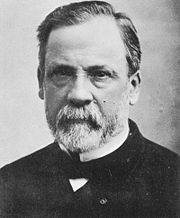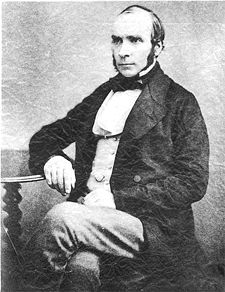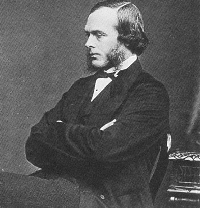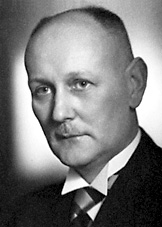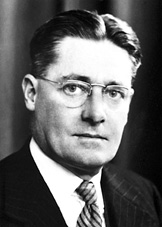I confess I don’t understand Obama, or the political views of several of my children who voted for him. I was always convinced that he was a radical leftist and nothing he has done has shaken that view. When Jimmy Carter was elected, I can remember thinking, “Well, he has been a businessman. He can’t be that bad.” He was. I never had a doubt that Obama would be bad although, not even my worst fears were equal to his actions. He has insulted friends like Britain and India. He appears to be bent on appeasing every enemy, like Russia and Iran, while attacking small countries like Honduras with no apparent reason.
His economic policies are inexplicable. The financial meltdown came after years of complaints, from the Wall Street Journal for example, about the policies of Fannie Mae and Freddie Mac. Other financial newspapers explained the hazards of the loan incentives. There was blame to go around because the Bush Administration should have reined in the Fed and the SEC should have intervened and no one did. Still, there is evidence that warnings were ignored. The response in the fall last year was controversial and the Republican House refused to support the bailout bill the Bush Administration presented, to their credit. They held firm on the worse bill the Democrats presented after Obama’s inauguration. The auto companies should have been allowed to file bankruptcy and Bush’s failure to allow this will haunt us for years, even if he did have some fair reasons. Ron Paul, crazy as he is on some subjects, keeps looking better every year.
I really do wonder what all this will look like in two or three years.
Canada has a good leader who seems to be doing the right things, while we try to cope with a media darling who might just be unraveling American history forever. Maybe we are Argentina, after all.
Be that as it may, when I contrast a know-nothing do-harmer like Obama with the prime minister of my own country, a principled and reliable politician who has defended the democratic tradition to the best of his ability and steered the country through the recent economic meltdown with reasonable firmness, who is naturally averse to bedding the media and wary of ingratiating himself with the public, and who possesses verifiable talents, I have no doubt that were Canada’s Stephen Harper president of the United States, it would find itself in a far more resilient position than it does now.
There is a powerful irony at work here. President Obama is well on his way to ruining the American economy and reducing the nation’s defensive posture before an increasingly threatening world. The evidence for so unflattering an assessment is bluntly undeniable, at least for those who have managed to resist hypnosis. Yet he is staunchly defended by the MSM, receives accolades from a vast and robust constituency of devoted supporters, including the Oslo bunch, and is crowned by a nimbus of invincibility. Prime Minister Harper, on the other hand, finds himself constantly struggling to maintain a minority government, faces the prospect of no-confidence motions against his administration and ad hoc coalitions of the disgruntled, and is regarded by the teeming number of leftist nannies in this country as “scary” and of nurturing a “secret agenda” — an agenda, be it said, which is transparently conservative and responsible. If there is a scary and secret agenda to be feared, it is not here.
Read the rest. It is sobering.
